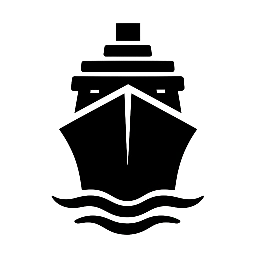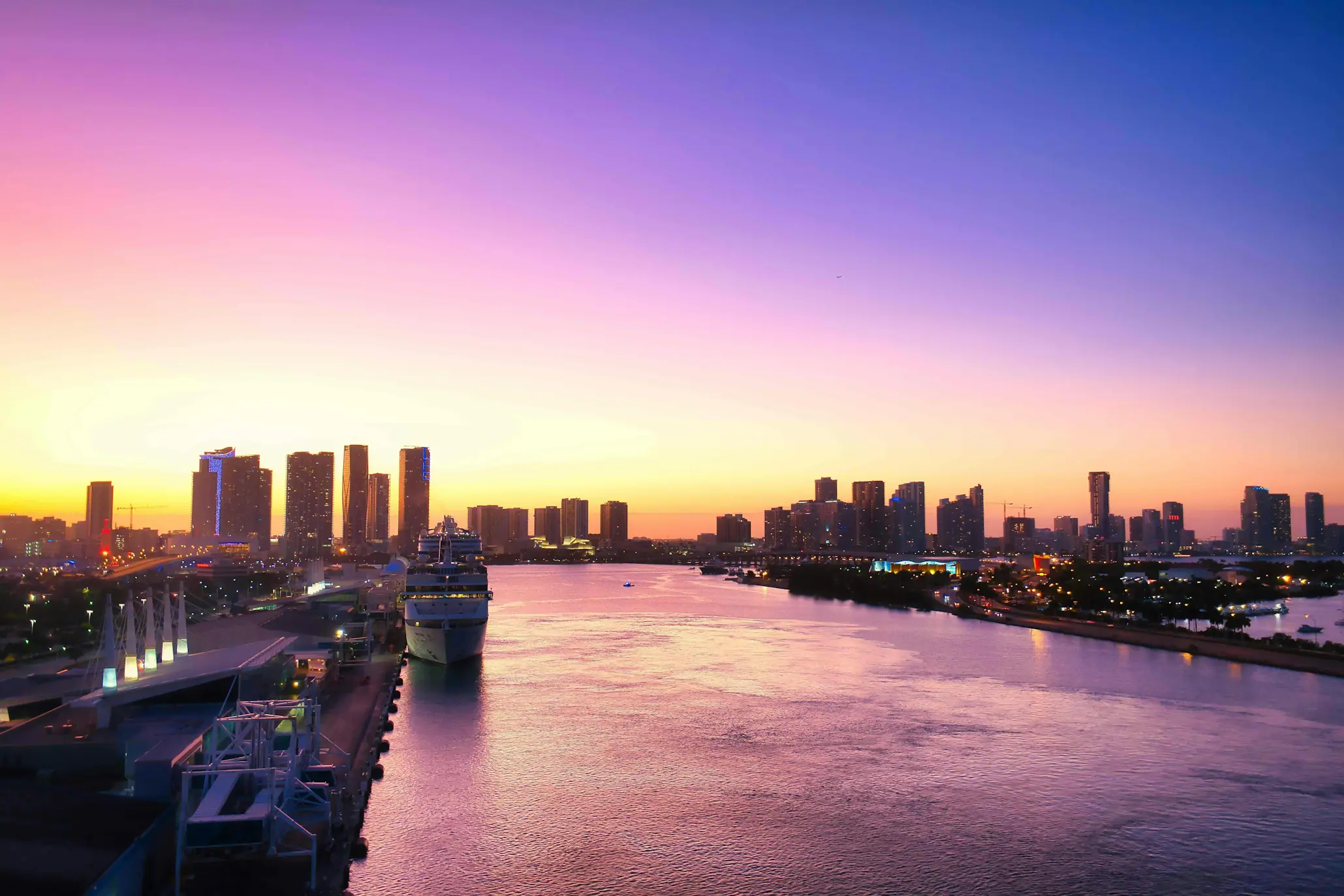If you’ve been following the cruise industry headlines this week, you may have seen a surprising development out of PortMiami. After the recent sale of the port’s primary fuel depot, several cruise lines including Royal Caribbean Group have raised concerns about the stability of Miami’s marine fuel supply. For most travelers, this won’t affect your next vacation right away. But for cruise lines like MSC, which now operates multiple ships from Miami, the change could have real operational implications in the coming years.
What’s Going On at PortMiami?
Miami’s marine fuel depot and pipeline infrastructure, which supply low-sulfur diesel and marine gas oil (MGO) to the majority of ships docked in the area, were recently sold to a private investment group. The new ownership structure means cruise lines will need to renegotiate fuel supply contracts and depend on a new third party for bunkering operations, the process of refueling ships. This uncertainty prompted Royal Caribbean Group CEO Jason Liberty to publicly call for greater transparency, noting that the company “needs long-term certainty for fuel availability at the world’s busiest cruise port.” While no disruptions are currently expected, the concern is clear: if supply chains shift or prices rise, cruise lines operating from Miami could see increased operational costs or tighter scheduling windows for refueling.
Which MSC Ships Could Be Affected?
At PortMiami, MSC currently (or soon will) operate several ships that still rely on traditional marine fuel rather than LNG. Those include MSC Divina, MSC Seaside, and MSC Seascape. All three use marine gas oil (MGO) or similar blends. These vessels could see minor cost or logistical impacts if fuel access or pricing changes at the port. However, it’s important to note that the scale of any impact remains unclear. Most cruise lines, including MSC, keep multiple supply options open and can bunker fuel at alternate ports like Port Canaveral, Cozumel, or Ocean Cay during itineraries if needed.
Why MSC World America Is Largely Unaffected
The bright spot here is that MSC’s newest and most anticipated ship, MSC World America, runs on liquefied natural gas (LNG) and that’s a completely different system. LNG is not stored or distributed through the same depot affected by this sale. Instead, LNG bunkering is handled separately, typically via barge-to-ship or truck-to-ship transfers from dedicated suppliers who operate under long-term environmental and safety agreements. That means MSC World America’s upcoming launch from PortMiami in April 2026 should move forward as planned without being directly impacted by the fuel depot change.
What This Means for Cruisers
For travelers booked on MSC sailings from Miami, there’s no need for concern. Ships like Seascape, Seaside, and Divina are expected to operate normally. However, these behind-the-scenes developments highlight why MSC and the entire cruise industry are investing heavily in LNG-powered ships and next-generation propulsion. By the end of the decade, MSC aims to have much of its fleet powered by LNG or even newer hybrid systems, reducing its reliance on traditional fuel depots and mitigating risks like this one. In other words: what looks like a potential problem today may actually underscore why MSC’s strategy for the future makes sense.
Looking Ahead
While the PortMiami fuel situation continues to evolve, cruise operations remain unaffected for now. Still, with multiple cruise giants expressing concern, this could prompt long-term port infrastructure changes and possibly accelerate the timeline for broader LNG adoption in the U.S. For MSC fans, the key takeaway is simple: your Miami sailings are still on schedule, MSC World America is fully insulated from this issue, and the company’s growing LNG investment means it’s already planning for a cleaner, more stable future.


Leave a Reply